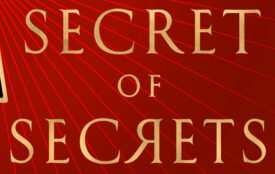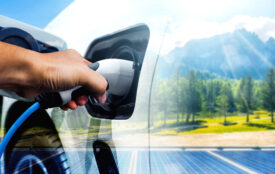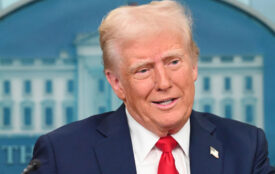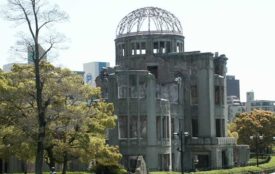Nuclear weapons are weapons of terror
August 6 and 9, 1945, are among the darkest days in human history. US soldiers dropped two atomic bombs on the Japanese cities of Hiroshima and Nagasaki.
In a matter of seconds, approximately 80,000 people died in Hiroshima and around 60,000 in Nagasaki. Even more people have died from the effects of nuclear radiation to this day. A total of around 400,000 people died. The survivors are called hibakushi in Japanese, and some of them suffered terrible pain for decades. The hibakushi were awarded the Nobel Peace Prize in Oslo in 2024. Terumi Tanaka from Nagasaki gave the acceptance speech in Oslo. In a recent interview with the Süddeutsche Zeitung, he estimated that by the end of 1945, 210,000 people had already died as a result of the atomic bombings. Nuclear weapons are weapons of terror.
The all-important question is: What have we learned from those dark days? During the war in Ukraine, Russian President Putin threatened to use nuclear weapons on several occasions. In 2019, the US withdrew from the Washington Treaty on intermediate-range nuclear missiles, which it had agreed with the Soviet Union in 1987. In 2024, Washington and Berlin again agreed to station intermediate-range missiles in Germany from 2026. All nine nuclear powers (the US, Russia, China, the UK, France, India, Pakistan, North Korea, and Israel) are “modernizing” their nuclear capabilities. Each of the approximately 25 US nuclear missiles stationed in Germany has about ten times the explosive power of the Hiroshima bomb.
Security policy today is once again, as it was during the Cold War, nuclear weapons policy. Do the owners of nuclear bombs even listen to the victims of Hiroshima and Nagasaki anymore? German Chancellor Merz is considering a joint “nuclear umbrella” for France and Germany in case the US withdraws its nuclear weapons from Germany. Where is the vision of a world free of nuclear weapons that even former US President Obama spoke of? Only the Dalai Lama and the Pope in Rome still dare to remind us of the vision of a world without nuclear weapons. When 93-year-old Turumi Tanaka from Nagasaki gave his acceptance speech for the Nobel Peace Prize in Oslo and remembered the hundreds of thousands of dead and injured, many in the audience had tears in their eyes. But where are the corresponding actions? Who is disarming nuclear bombs? Who is destroying them? Why is there once again a mood of war almost everywhere in the world today?
Turumi Tanaka was 13 years old in 1945. To this day, he blames the US for the catastrophe that occurred at that time. No US president has ever apologized for the mass murder. Many Japanese and even some US historians believe that Japan would have surrendered at the end of World War II even without nuclear weapons. But US policy and the majority of the US population still believe that it was the two atomic bombs that brought the war to an end. Even supporters of this theory have to admit that at least the second bomb was a war crime.
Turumi Tanaka in his recent interview with the Süddeutsche Zeitung: “Everyone who has nuclear weapons must give them up. Not just America. That is the only option…” We must not allow humanity to destroy itself, he says. On August 6, 2025, Japan’s prime minister added at a memorial service in Hiroshima in front of representatives from 120 nations: “As the only country to have experienced the horrors of nuclear devastation in war, Japan must take the lead in global efforts to achieve a world without nuclear weapons.” And Hiroshima’s mayor called on the youth of the world to fight against nuclear weapons: “They must recognize that misguided policies on nuclear weapons can have utterly inhuman consequences. We, the people, must never give up the fight against nuclear weapons.”
“Peace is in retreat.” This is how the 2025 report by German peace research institutes describes our situation, which is as accurate as it is shameful, adding: “The arms control system is in free fall.” It is high time for new disarmament negotiations. Thanks to Gorbachev, the danger of a “Euroshima” was averted some 40 years ago. But who will avert it today?
In 2017, global civil society played a decisive role in ensuring that the Treaty on the Prohibition of Nuclear Weapons was adopted by the UN. The civil society organization ICAN received the Nobel Peace Prize for this achievement in the same year. Ninety-seven countries have now ratified this treaty, but no country that possesses nuclear weapons, no NATO country, not even Germany. Should we therefore give up the fight against nuclear weapons? After all, chemical and biological weapons have also been banned worldwide and (almost) everyone complies with this ban. Only a global ban on nuclear weapons can bring the era of weapons of mass destruction to an end.
Source
Franz Alt 2025 | Translated with www.DeepL.com/Translator








